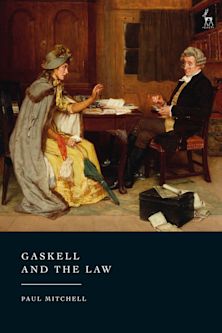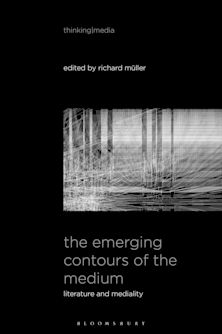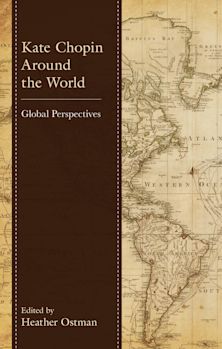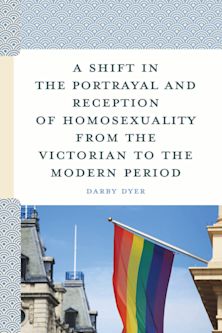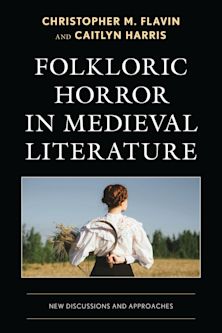- Home
- ACADEMIC
- Literary Studies
- Literary Studies - Other
- Washington Irving and Islam
Washington Irving and Islam
Critical Essays
Washington Irving and Islam
Critical Essays
This product is usually dispatched within 1 week
- Delivery and returns info
-
Free US delivery on orders $35 or over
You must sign in to add this item to your wishlist. Please sign in or create an account
Description
Washington Irving and Islam contributes to understanding the relationship between the United States and the Islamic world, valuable not only for studies of Washington Irving, American Literature, or Islam, but also for thinking through the role Islam and the “Orient” have played in American literature and history, a critical field receiving ever-increasing attention. The global context of Irving’s work ties these essays together as does an understanding that his writings challenge easy classification of the Muslim other, and, indeed, challenge easy classification of Irving’s own responses to that other. Washington Irving bestrides opposing positions as well as distant worlds.
Table of Contents
Zubeda Jalalzai
Spanish Orientalism: Washington Irving and the Romance of the Moors Michael Stevens
What Pious Moslem Writers Tell Us: Irving’s Filtering of His Sources in Mahomet and His Successors Ray Lacina
A Knickerbocker Prophet: Washington Irving’s Americanization of “Mahomet” Doyle Quiggle
Think Local, Act Global: The Development of Islam in Washington Irving’s Mahomet and His Successors Jeffrey Scraba
Irving's Cadijah and Women of Power in Salmagundi and MahometTracy Hoffman
Afterword: The Seal and Conclusion
Jeffrey Einboden
Product details
| Published | May 25 2018 |
|---|---|
| Format | Hardback |
| Edition | 1st |
| Extent | 136 |
| ISBN | 9781498569668 |
| Imprint | Lexington Books |
| Dimensions | 9 x 6 inches |
| Publisher | Bloomsbury Publishing |
About the contributors
Reviews
-
This timely collection reclaims Washington Irving as a pivotal figure in American literature, casting light on some key works—Mahomet and his Successors, Tales of Alhambra, Conquest of Granada, Life of Mahomet—while putting Islam front and center as a formative presence. Compelling, eye-opening, and necessary.
Wai Chee Dimock, Yale University











